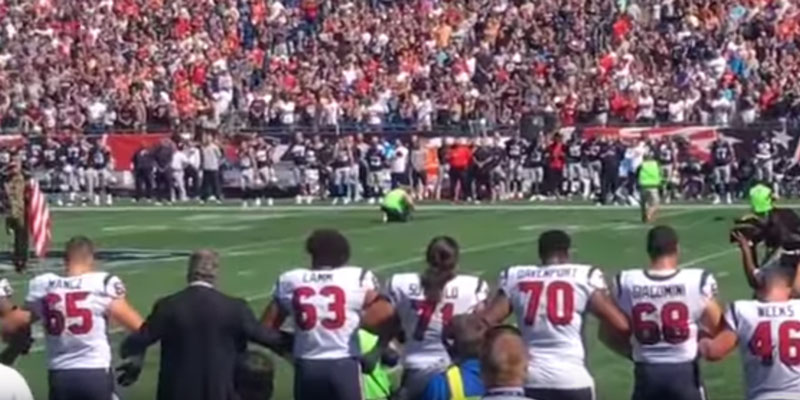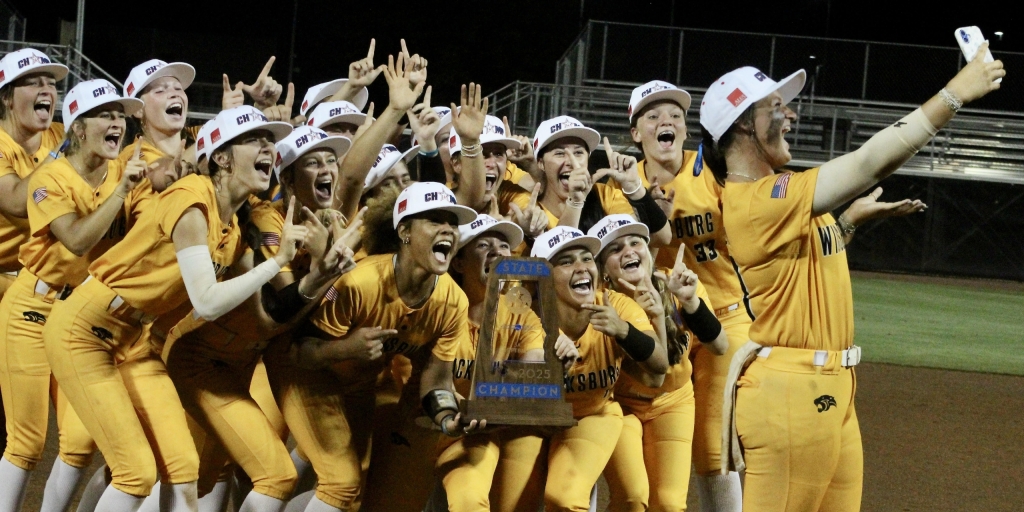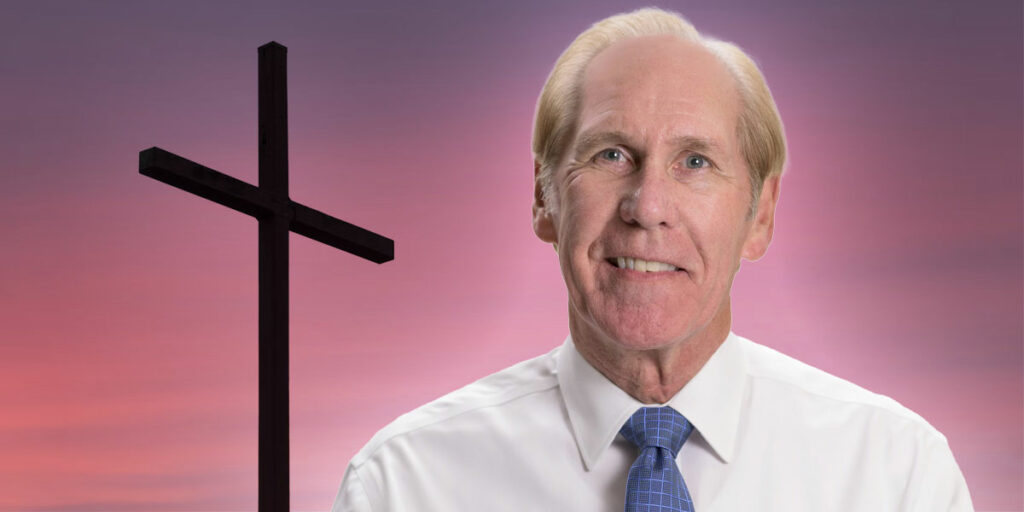One of the most obnoxious stories in America the past year has been the controversy over players protesting during the national anthem.
While I personally sympathize with both concerns from athletes about police brutality in minority communities, as well as the desire of most football fans to simply not have any sort of political advocacy mixed into their sports, the resulting media coverage – from both political and sports outlets – has been largely nauseating.
While the NFL offseason obviously brought discussion of the topic down to a simmer (with the exception being the occasional update on Colin Kaepernick – and now Eric Reid’s – lawsuit against the league), the NFL’s decision this week to change its anthem-policy has it once again at a raging boil.
Unfortunately most of these articles try to make this issue more complicated than it really is: it’s all about money.
While it’s natural to try to fit this story into some of the larger culture wars going on in the country, this is really just a simple business calculation. At the end of the day the NFL is not in the business of promoting patriotism, or providing a venue for social causes, or even really about the athletes who play in the league.
It’s all about getting the attention of fans, and the NFL clearly thinks most of them don’t want protests during the national anthem. This also means that one key point has been ignored in this whole debate, it isn’t only in the interests of league owners to not offend fans – it’s in obvious long-term interest of players too.
After all, if the same athletes were making the same plays in front of the same sized audience that watches the NHL, the value of each individual player would be significantly less than it is today. Being a great athlete is not an inherently profitable skill, there are plenty of athletic marvels who can’t make a million dollars a year taking advantage of their specific abilities.
It’s the mass appeal of specific sports that allows individuals like LeBron James, Bryce Harper, and Antonio Brown become very wealthy individuals. In the case of the NFL, polling showed that over 60% of fans watched fewer NFL games due to the player protests. If declining NFL ratings remain a constant, and it impacts revenue, then players in 2028 may be worse off than players in 2018.
As I explained last year when I defended the obvious league-wide blacklisting of Kaepernick, whether or not his cause was righteous or intentional disrespectful means little when the consumers of his product decide they don’t like it. As Ludwig von Mises frequently noted in his works, consumers are empowered by the market economy to guide the decisions of businesses based on their willingness to consumer their product or a competitors. As he wrote in Bureaucracy:
The capitalists, the enterprisers, and the farmers are instrumental in the conduct of economic affairs. They are at the helm and steer the ship. But they are not free to shape its course. They are not supreme, they are steersmen only, bound to obey unconditionally the captain’s orders. The captain is the consumer.
While this understanding of the NFL’s decision should be pretty common sense, pundits who are offended by the fact so many NFL fans were offended by the protests have tried to take the NFL’s decision to absurd ends.
For example, I recently read Mike Florio of ProFootballTalk ask whether the NFL’s new respect for the national anthem would lead the league to crack down on Kansas City Chiefs fan who traditionally substitute “CHIEFS!” for “brave” at the song’s conclusion. Florio may think he is being clever, but the answer is obviously not, because Chiefs fans clearly don’t see that behavior as disrespectful.
People can judge that to be hypocritical, but at the end of the day the masses that consume Chief tickets don’t care. So long as consumer values are inconsistent and conflicting, so will certain business policies.
It’s also worth noting that it’s possible the NFL’s judgment in this matter may end up being wrong. After all, the league was able to ink a new Thursday night package with Fox this offseason that was worth $15 million more a game than previous deals with NBC and CBS, in spite of declining ratings. Last year’s troubles also didn’t stop Pizza Hut from being willing pay big to take over the spot of “Official Pizza of the NFL” from Papa John’s.
Businesses make mistakes all the time, and perhaps the NFL’s new rules will end up alienating a different block of fans, without regaining those who agreed with Donald Trump. Only time will tell.
What we can be certain though is that discussing this decision isn’t about anything more than the NFL looking out for its bottom line. At the end of the day, the players should be as interested in that as the owners.
(Courtesy of the Mises Institute in Auburn)













